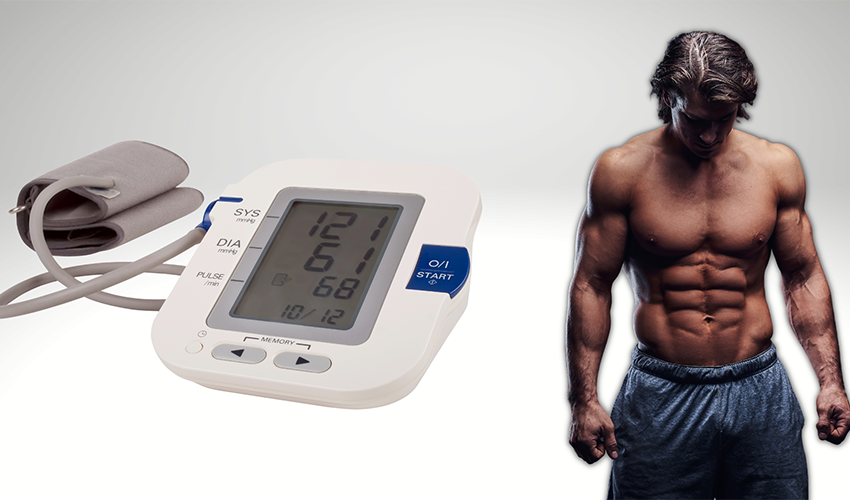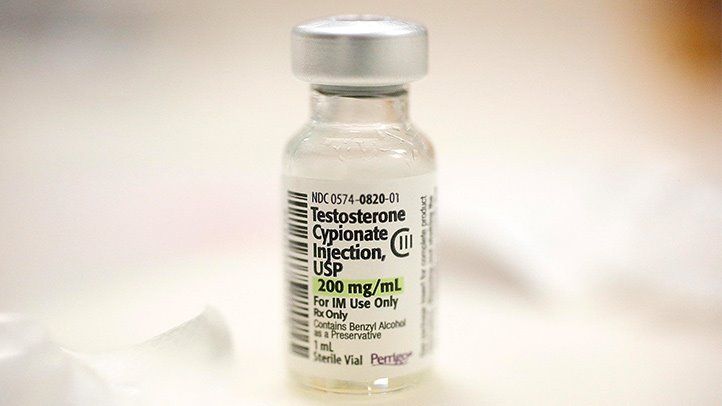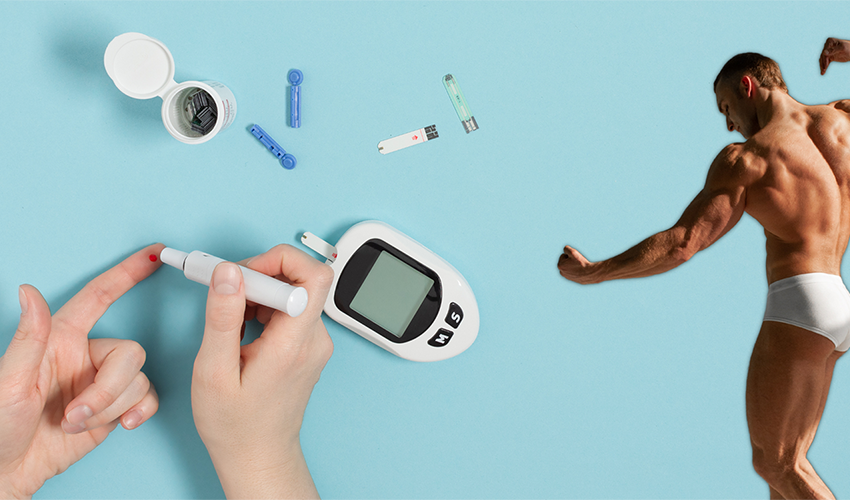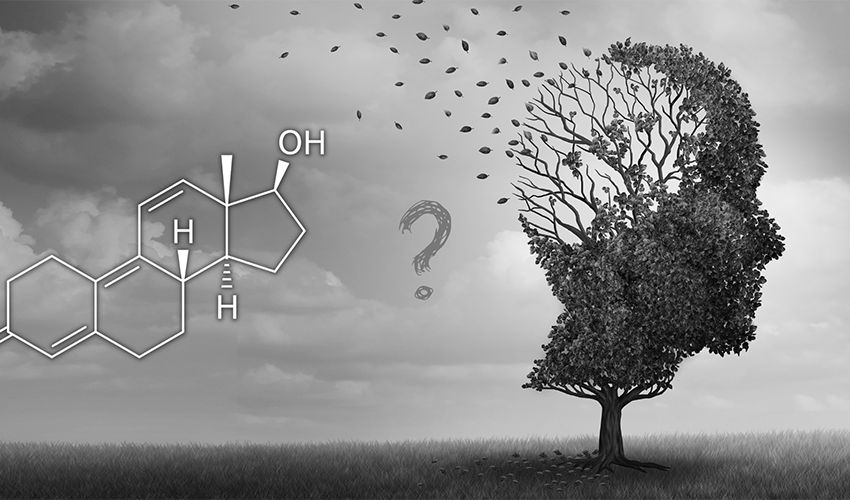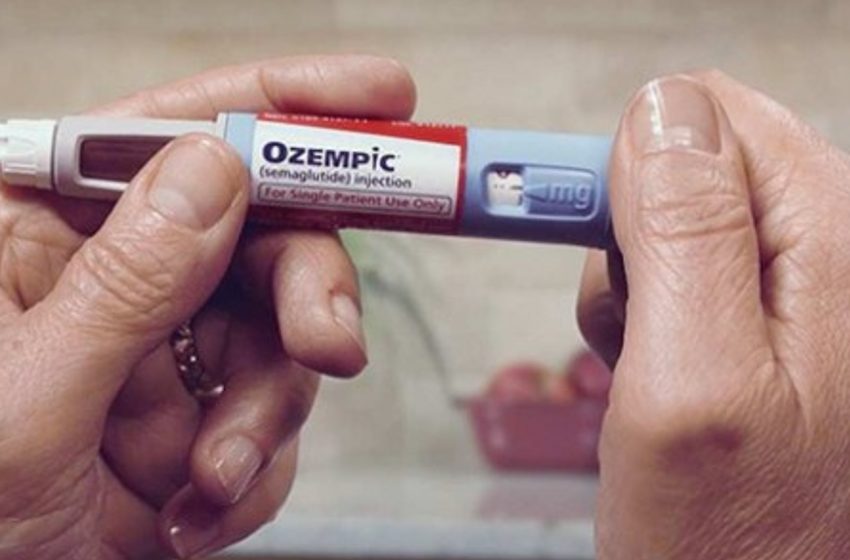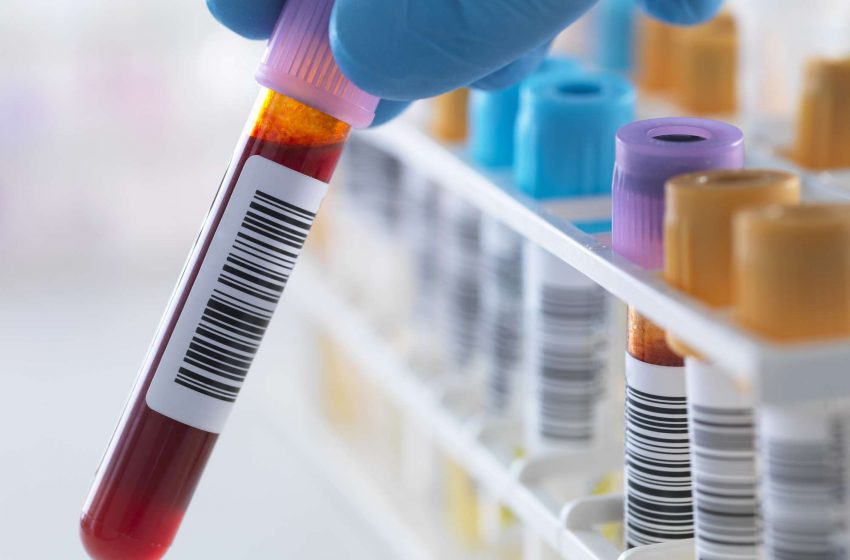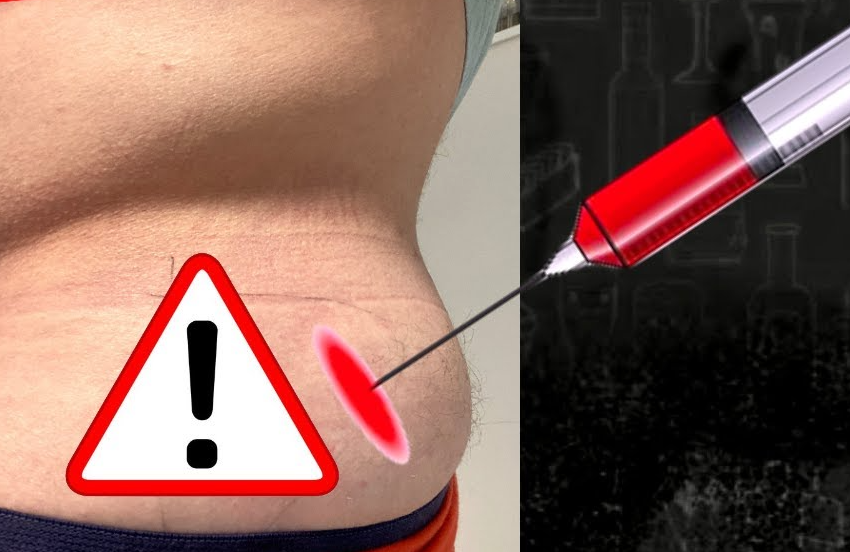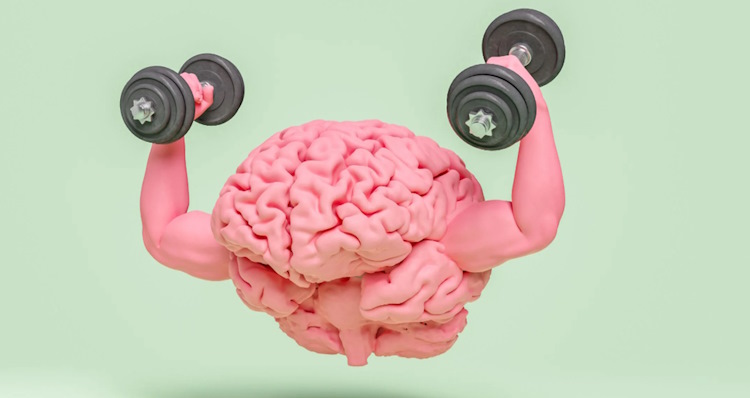For bodybuilding purposes, tendonitis is an overuse injury that results in inflammation of the tendon and, of course, discomfort and pain. This injury is most likely to occur when a person changes the type, intensity, or duration of their training. As far as overuse injuries go, these result from repetitive microtrauma that leads to inflammation […]Read More
Tags : Harm Prevention
We all know what a blood pressure monitor is. Those cuffs that wrap around the arm and inflate and deflate to tell us what our blood pressure is. In my opinion, every enhanced bodybuilder should have one on hand and use it regularly on-cycle to keep track of blood pressure fluctuations (which we all know […]Read More
In 2016 there was a serious warning issued by FDA associating TRT with a high risk of stroke, heart failure, aggression, liver toxicity and infertility. They also went as far as making it illegal, except for certain medical conditions such as testicular disease. A new study, however, might prove just the opposite. Carried out on […]Read More
Typically starting at about the age of 30, a man’s testosterone levels drop by about 10% every decade. Together with that, sex binding hormone globulin (SHBG) levels start to increase, “trapping” much of the circulating testosterone and making it effectively unavailable to exert its expected effects on the body. The resulting difference between the total […]Read More
A glucometer is a small medical device that measures the concentration of glucose in your blood. Chances are you’ve seen someone in your family use it, because it’s a must-have for diabetics (and let’s face it, we all have a diabetic person in our extended family). Why must enhanced bodybuilders use it? Firstly, […]Read More
Trenbolone (also known as Trienolone and Trienbolone) is a Nandrolone (19-Nortestosterone) derivative and perhaps the most infamous AAS ever developed. It was first synthesized from Nandrolone in the late 1960s and starting in the early 1970s it was sold for the purpose of growing lean mass and increasing appetite in cattle. Trenbolone was adopted by […]Read More
“Deca Dick” is a term used to describe the tendency of the AAS Nandrolone (19-nortestosterone) to cause erectile dysfunction, even when one is using a test base and has a healthy sex drive, positive mood and high energy levels. In this article, we will be taking a look at the possible causes of “Deca Dick” […]Read More
Initially approved by the FDA back in 2017 for controlling type II diabetes in adults, semaglutide is a drug that belongs to the group of the GLP-1 (glucagon-like peptide 1) analogues. This group of substances has the ability to mimic the body’s response after eating a meal, including feeling full, as well as regulating insulin […]Read More
If you’re willing to start a cycle, the best advice in theory is to look for a doctor to help you with it. Sounds easy, but in practice not many doctors are willing to aid in the task of making sure you do the least damage to your body while using PEDs. If you’re […]Read More
Post-injection pain, or PIP, generally speaking is the pain experienced after taking an intramuscular shot of a certain substance, in our case a mixture of a hormone salt, any concentration of solvent, preservatives/antiseptics, and a carrier. Most of the pain is caused when carrier and solvents are absorbed by the body and the crystals are […]Read More




